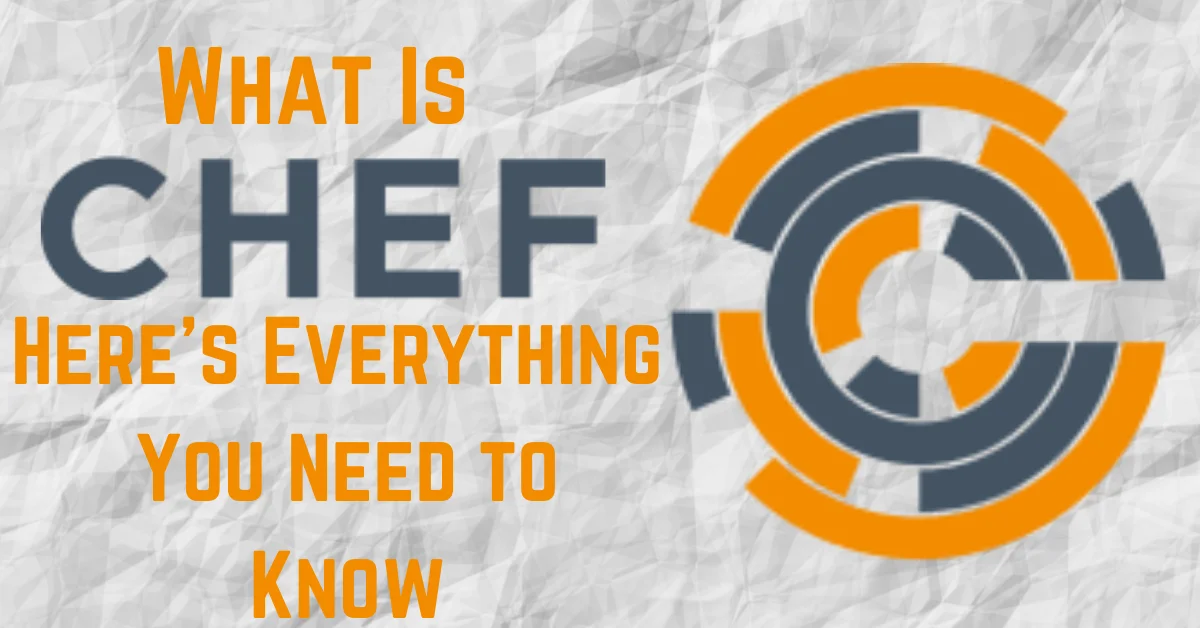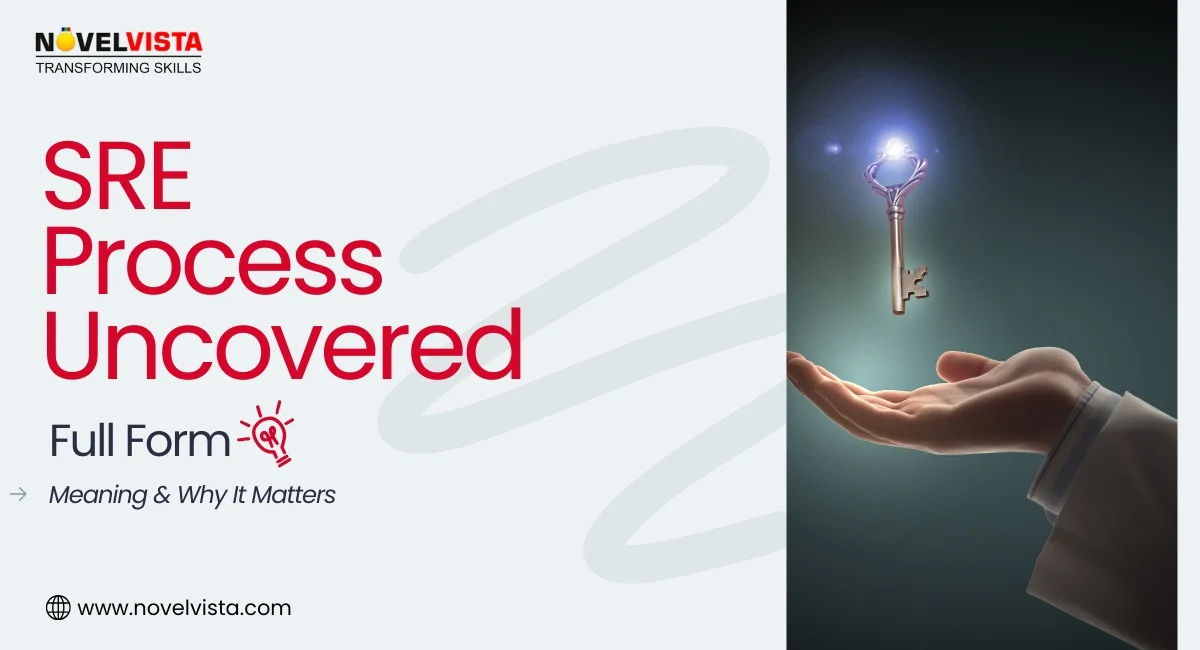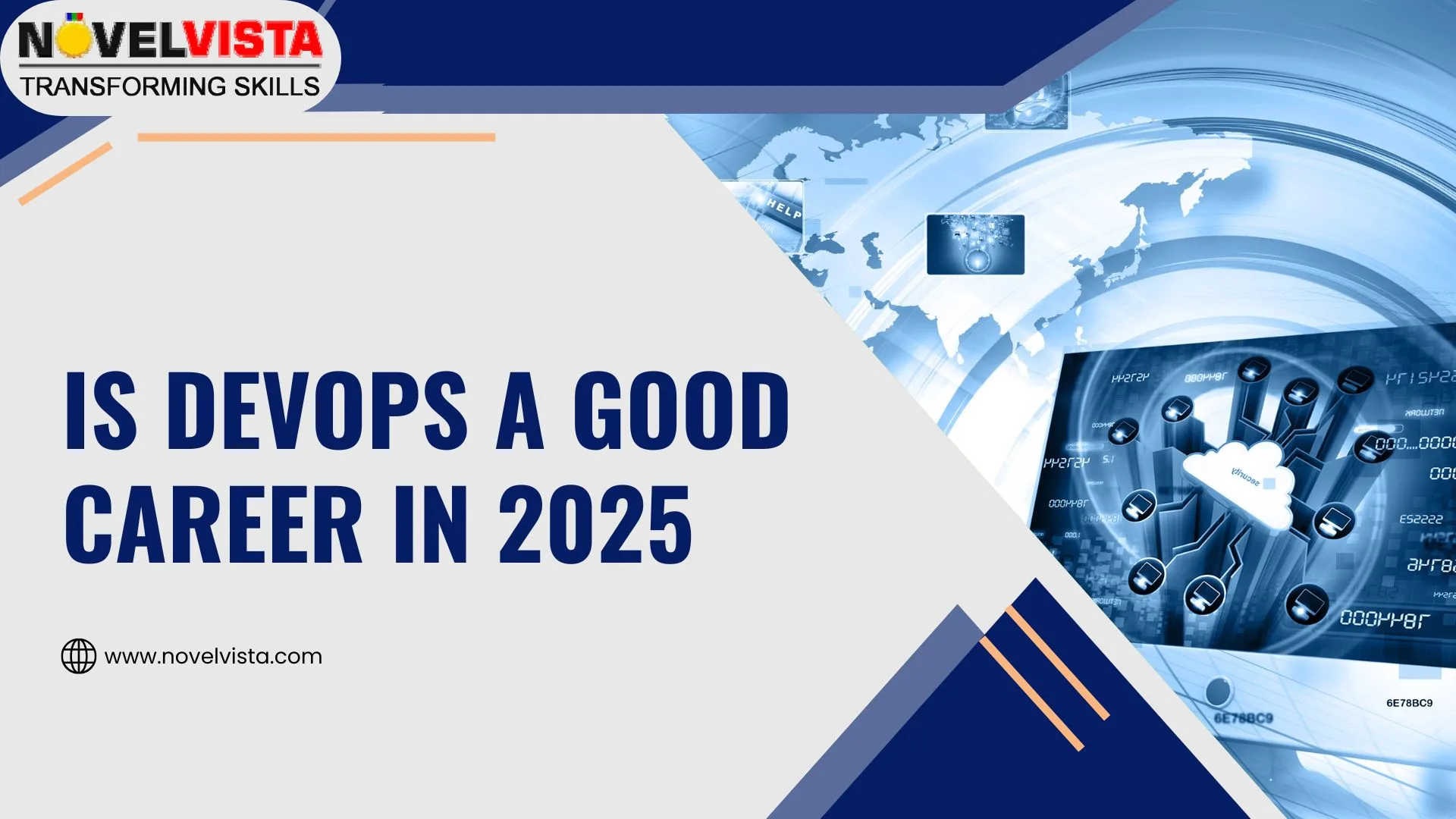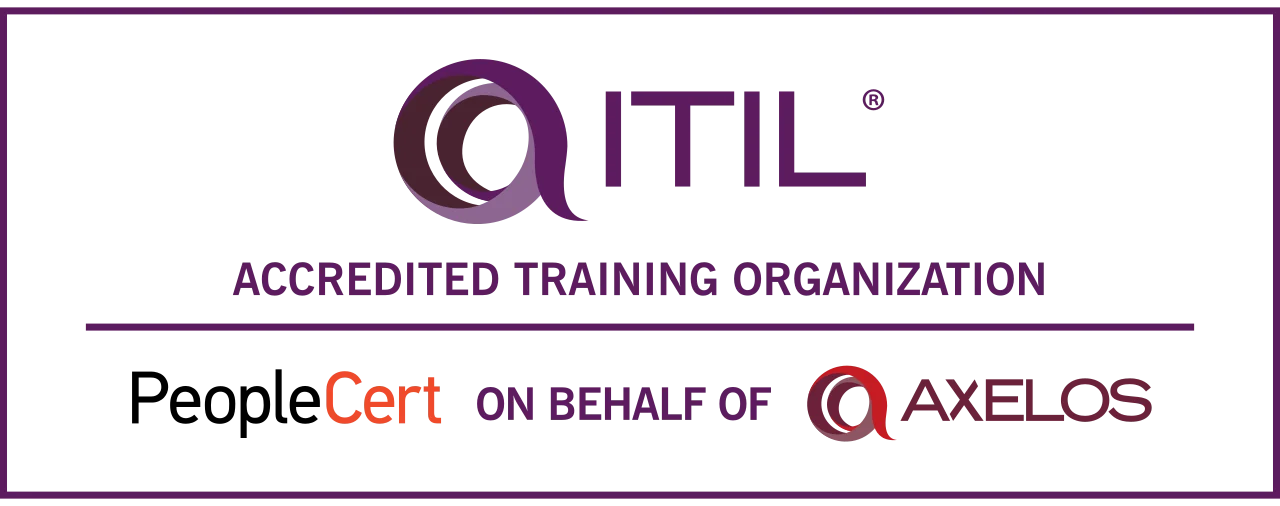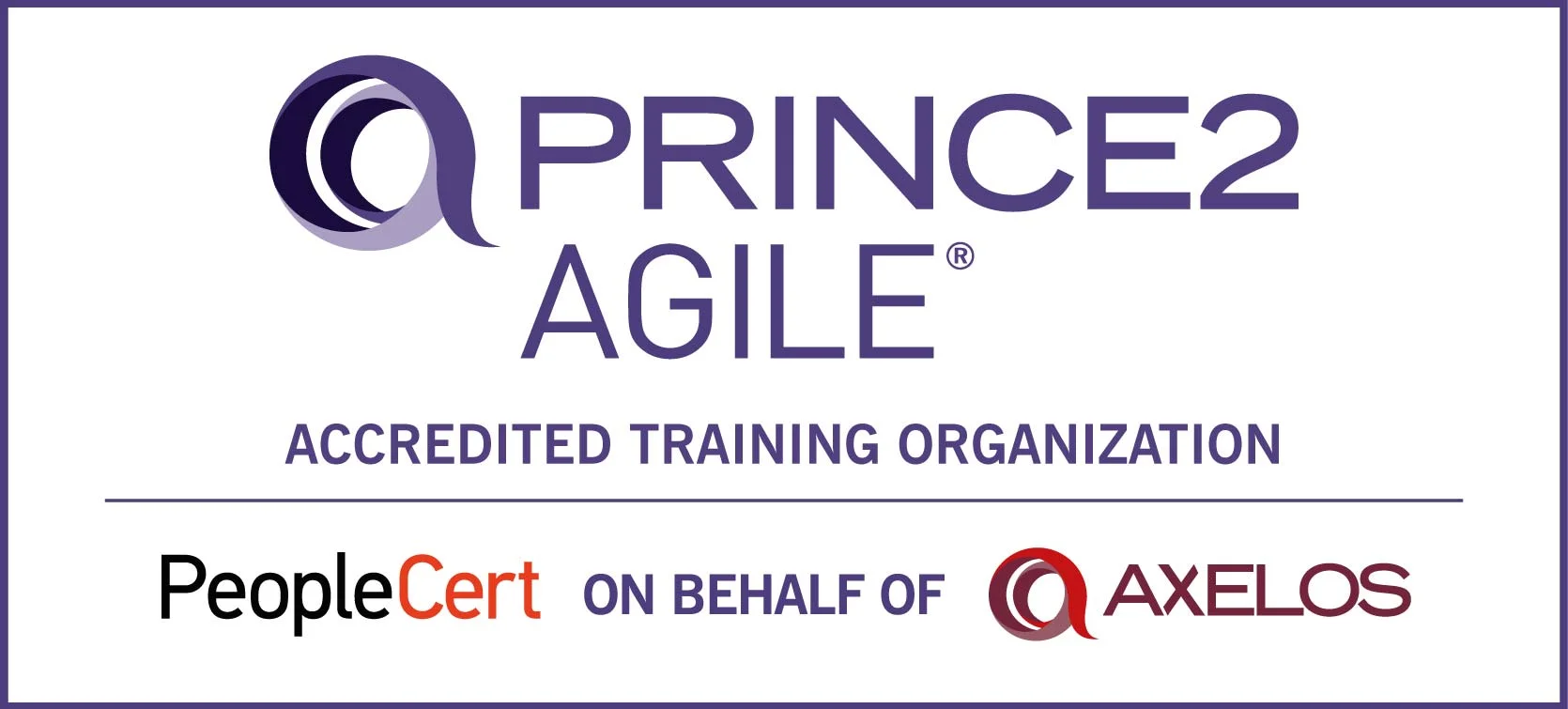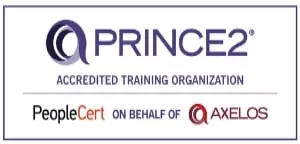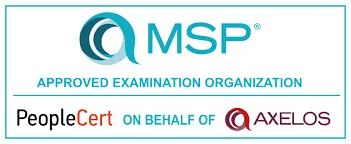Chef is an open-source technology developed by Opscode. Adam Jacob, co-founder of Opscode is known as the founder of Chef. This technology uses Ruby encoding to develop basic building blocks like recipe and cookbooks. Chef is used in infrastructure automation and helps in reducing manual and repetitive tasks for infrastructure management.
Chef has got its own convention for different building blocks, which are required to manage and automate infrastructure.
Here’s the complete Chef solution.
Chef Infra
Chef Infra is a powerful automation platform that transforms infrastructure into code. Whether you’re operating in the cloud, on-premises, or in a hybrid environment, Chef Infra automates how infrastructure is configured, deployed, and managed across your network, no matter its size.
This diagram shows how you develop, test, and deploy your Chef Infra code.
Using Chef Workstation
Chef Workstation allows you to author cookbooks and administer your infrastructure. Chef Workstation runs on the computer you use every day, whether it’s Linux, macOS, or Windows.
Chef Workstation ships with Cookstyle, ChefSpec, Chef InSpec, and Test Kitchen testing tools. With them, you can make sure your Chef Infra code does what you intended before you deploy it to environments used by others, such as staging or production.
When you write your code, you use resources to describe your infrastructure. A resource corresponds to some piece of infrastructure, such as a file, a template, or a package. Each resource declares what state a part of the system should be in, but not how to get there. Chef Infra handles these complexities for you. Chef Infra provides many resources that are ready for you to use. You can also utilize resources shipped in community cookbooks, or write your own resources specific to your infrastructure.
A Chef Infra recipe is a file that groups related resources, such as everything needed to configure a web server, database server, or load balancer. A Chef Infra cookbook provides structure to your recipes and, in general, helps you stay organized.
The Chef Workstation includes other command-line tools for interacting with Chef Infra. These include knife for interacting with the Chef Infra Server and chef for interacting with your local chef code repository (chef-repo).
Uploading your code to Chef Infra Server
Once you’re done developing and testing code on your local workstation, you can upload it to the Chef Infra Server. The Chef Infra Server acts as a hub for configuration data. It stores cookbooks, the policies that are applied to the systems in your infrastructure, and metadata that describes each system. The knife command lets you communicate with the Chef Infra Server from your workstation. For example, you use it to upload your cookbooks.
Configuring nodes with Chef Infra Client
Chef Infra is constructed so that most of the computational effort occurs on the nodes rather than on the Chef Infra Server. A node represents any system you manage and is typically a virtual machine, container instance, or physical server. Basically, it’s any compute resource in your infrastructure that’s managed by Chef Infra. All nodes have Chef Infra Client installed on them, and Chef Infra Client is available for multiple platforms including Linux, macOS, Windows, AIX, and Solaris.
Periodically, Chef Infra Client contacts the Chef Infra Server to retrieve the latest cookbooks. If (and only if) the current state of the node doesn’t conform to what the cookbook says it should be, Chef Infra Client executes the cookbook instructions. This iterative process ensures that the network as a whole converges to the state envisioned by business policy.
Chef Habitat
Chef Habitat offers a new approach to deploying applications called application automation. Application automation means that the automation is packaged with the application and travels with it, no matter where that application is deployed. The unit of deployment becomes the application and its associated automation. The runtime environment, whether it is a container, bare metal, or PaaS does not in any way define the application.
Chef Habitat is comprised of a packaging format and a supervisor. The format defines Chef Habitat packages, which are isolated, immutable, and auditable. The Chef Habitat supervisor knows how to take the packages and run them. It’s aware of the package’s peer relationships, its upgrade strategy and security policies.
Chef InSpec
Chef InSpec is an open-source testing framework with a human- and machine-readable language for specifying compliance, security and policy requirements. When compliance is expressed as code, you can integrate it into your deployment pipeline and automatically test for adherence to security policies.
Chef InSpec code can run in multiple platforms. You can execute the same set of tests locally, with remote commands that use SSH or WinRM, or with external mechanisms such as the Docker API.
With Chef InSpec, you can do more than ensure that your physical servers are in compliance. You can, for example, assess data in a database or inspect the configuration of virtual resources by using their API.
To get a sense of how the Chef InSpec language works, here are some examples. This Chef InSpec rule ensures that insecure services and protocols, such as telnet, are not used.
describe package('telnetd') do it { should_not be_installed }enddescribe inetd_conf do its('telnet') { should eq nil }end
Chef Automate
Chef Automate provides a full suite of enterprise capabilities for node visibility and compliance. Chef Automate integrates with the open-source products Chef Infra Client, Chef InSpec and Chef Habitat. Chef Automate comes with comprehensive 24x7 support services for the entire platform, including open source components.
Chef Automate gives you full-stack continuous compliance and security, as well as visibility into your applications and infrastructure.
Nodes
Chef Automate gives you a data warehouse that accepts input from Chef Server, Chef Habitat, and Chef Automate workflow and compliance. It provides views into operational and workflow events. There is a query language available through the UI and customizable dashboards.
Compliance
Chef Automate creates customizable reports that identify compliance issues, security risks, and outdated software. You can write your own compliance rules in Chef InSpec, or you can get started quickly by using built-in profiles, which are predefined rule sets for a variety of security frameworks, such as Center for Internet Security (CIS) benchmarks, included as part of Chef Automate.
High availability
Chef Automate includes a high-availability Chef Infra Server with fault tolerance, immediately consistent search results, and accurate real-time data about your infrastructure. Chef Automate also provides a graphical management console for the Chef Infra Server.
Why Chef?
As mentioned earlier, Chef is used to automating the process of infrastructure provisioning. The Chef tool helps in speeding up the deployment process and software delivery. Being a DevOps tool it helps in streamlining theconfiguration taskand managing the company's server.
Here are a few salient features of Chef that contribute to its soaring popularity:
- Chef can easily manage a large number of servers with fewer employees.
- It allows continuity in the deployment process from building to testing, until the end.
- It can be managed using different Operating Systems like Linux, FreeBSD, and Windows.
- It can be integrated with several major cloud service providers.
- A single chef-server may be used as a center for all policy deployment.
- Chef is a reliable and stable tool for large deployments.
- It also helps in managing the risk at all stages of deployment.
Disadvantages of Chef
Some of the major drawbacks of Chef are as follows −
- One of the huge disadvantages of Chef is the way cookbooks are controlled. It needs constant babying so that people who are working should not mess up with others cookbooks.
- Only Chef solo is available.
- In the current situation, it is only a good fit for the AWS cloud.
- It is not very easy to learn if the person is not familiar with Ruby.
- Documentation is still lacking.
Conclusion
Chef is a powerful configuration management tool in DevOps and it has good features to be the best in the market. Day by day Chef has been improving its features and delivering good results to the customer. Chef is used by the worlds leading IT industries like Facebook, AWS, HP Public cloud, etc. Job opportunities are increasing day by day for Chef Automation masters.
Author Details

Mr.Vikas Sharma
Principal Consultant
I am an Accredited ITIL, ITIL 4, ITIL 4 DITS, ITIL® 4 Strategic Leader, Certified SAFe Practice Consultant , SIAM Professional, PRINCE2 AGILE, Six Sigma Black Belt Trainer with more than 20 years of Industry experience. Working as SIAM consultant managing end-to-end accountability for the performance and delivery of IT services to the users and coordinating delivery, integration, and interoperability across multiple services and suppliers. Trained more than 10000+ participants under various ITSM, Agile & Project Management frameworks like ITIL, SAFe, SIAM, VeriSM, and PRINCE2, Scrum, DevOps, Cloud, etc.
Confused About Certification?
Get Free Consultation Call

